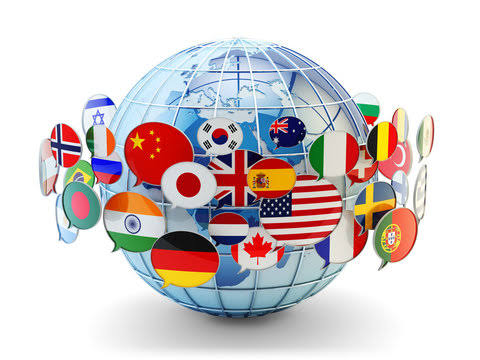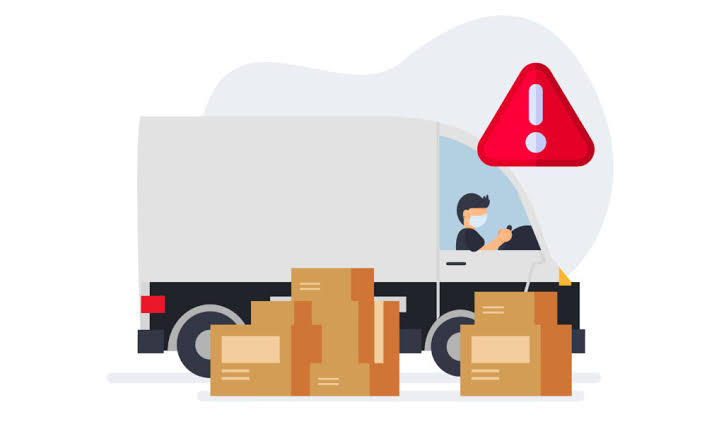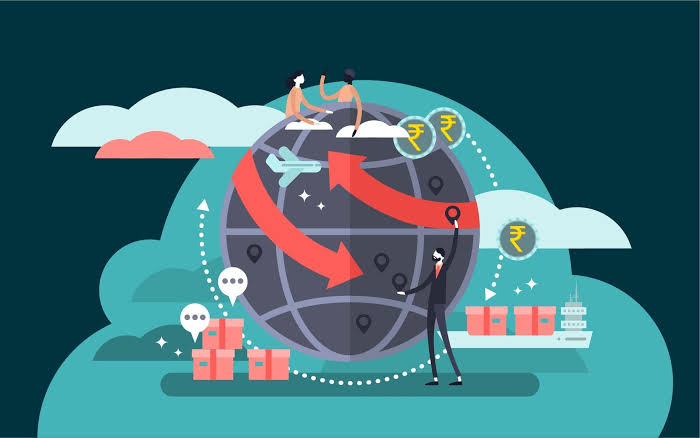
In today’s interconnected world, small business globalisation is no longer a choice but a necessity. Discover how local brands can leverage global markets, overcome common challenges, and scale sustainably. This guide explores the key opportunities, strategies, and pitfalls of going global.
Table of Contents
- Introduction: The Power of Small Business Globalisation
- Opportunities of Going Global
- Access to New Markets
- Diversification of Revenue Streams
- Increased Brand Recognition
- Challenges of Small Business Globalisation
- Cultural and Language Barriers
- Regulatory and Legal Hurdles
- Logistics and Supply Chain Complexities
- How to Make Small Business Globalisation Work for Your Business
- Conclusion: Take Your Small Business Global
Introduction: The Power of Small Business Globalisation

The business landscape has transformed dramatically in the past decade, making small business globalisation more accessible than ever. With e-commerce, digital marketing, and international partnerships, even local brands can tap into global markets. However, while globalization offers immense growth potential, it comes with unique challenges that businesses must navigate strategically.
If you’re a small business owner wondering how to expand beyond borders, this guide will walk you through the opportunities, challenges, and actionable steps to make small business globalisation a reality.
Opportunities of Going Global
Access to New Markets

The most significant advantage of small business globalisation is gaining access to a wider customer base. Instead of relying solely on local demand, businesses can expand to international markets where their products or services might be in high demand. With online platforms like Amazon, Shopify, and Etsy, reaching global customers has never been easier.
Diversification of Revenue Streams

Expanding internationally allows businesses to reduce dependence on a single market. Economic downturns, seasonal trends, or changes in consumer behavior in one region can be balanced out by demand from other parts of the world. This diversification ensures financial stability and long-term business sustainability.
Increased Brand Recognition

Taking your business global enhances brand credibility and recognition. A small business that successfully penetrates multiple markets builds a reputation as a trusted brand. Leveraging international influencers, social media, and digital PR strategies can significantly boost global brand visibility.
Challenges of Small Business Globalisation
Cultural and Language Barriers

Understanding cultural differences is crucial when expanding internationally. What works in one market may not resonate with another. From marketing campaigns to customer service, businesses need to tailor their strategies to fit cultural norms, preferences, and languages.
Regulatory and Legal Hurdles

Each country has its own set of business regulations, tax policies, and trade laws. Compliance with international laws, import/export duties, and intellectual property rights can be overwhelming for small businesses. Researching and consulting with legal experts is essential before entering new markets.
Logistics and Supply Chain Complexities

Managing international shipping, warehousing, and supply chains can be challenging. Delays, tariffs, and high shipping costs can eat into profits. Partnering with global logistics companies and using fulfillment centers like Amazon FBA can help streamline operations.
How to Make Small Business Globalisation Work for Your Business
- Start with Market Research: Identify the best countries to expand into based on demand, competition, and ease of entry.
- Optimize Digital Presence: Invest in SEO, multilingual websites, and localized marketing strategies to attract global customers.
- Leverage E-Commerce & Online Marketplaces: Platforms like Alibaba, eBay, and Amazon make international selling easier.
- Develop a Strong Global Strategy: Customize your approach for different regions while maintaining a consistent brand identity.
- Partner with Local Influencers & Distributors: Collaborating with local businesses can help you gain market trust.
- Stay Updated on Regulations: Regularly check import/export laws, taxation rules, and compliance requirements.
Conclusion: Take Your Small Business Global
Small business globalisation is not just for large corporations anymore. With the right strategy, local businesses can successfully enter international markets, increase revenue, and build a globally recognized brand.
Are you ready to take your small business to the next level? Start by researching potential markets, optimizing your digital presence, and leveraging global opportunities today!
Need expert marketing strategies for your business expansion? Contact us today!





